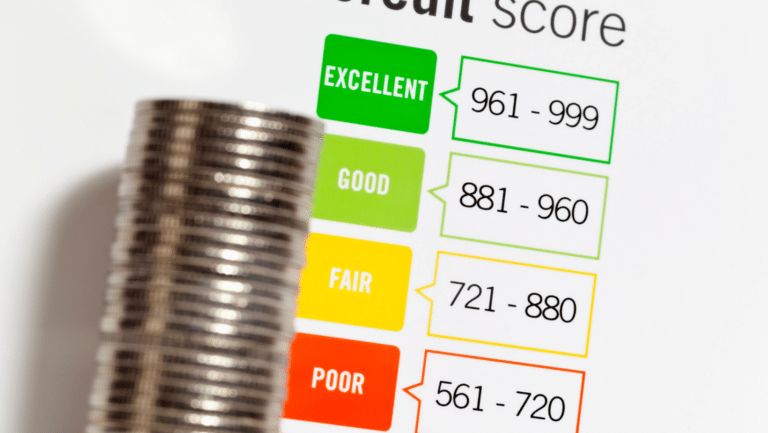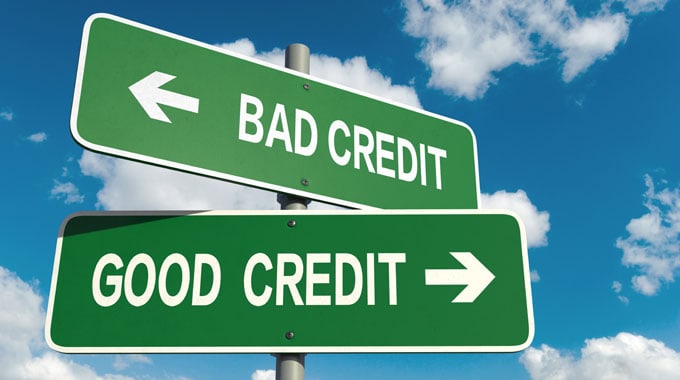New Fed Strategy Means Cheaper Loans For A Long time — Here’s How You Can Benefit
As we’ve all been waiting to hear about the outcome and policy changes from the Jackson Hole symposium, there’ve been some updates that you should know. The Federal Reserve has said that it will let inflation run “hotter than normal” to help the economy bounce back from the coronavirus crisis, according to a CNBC article….






